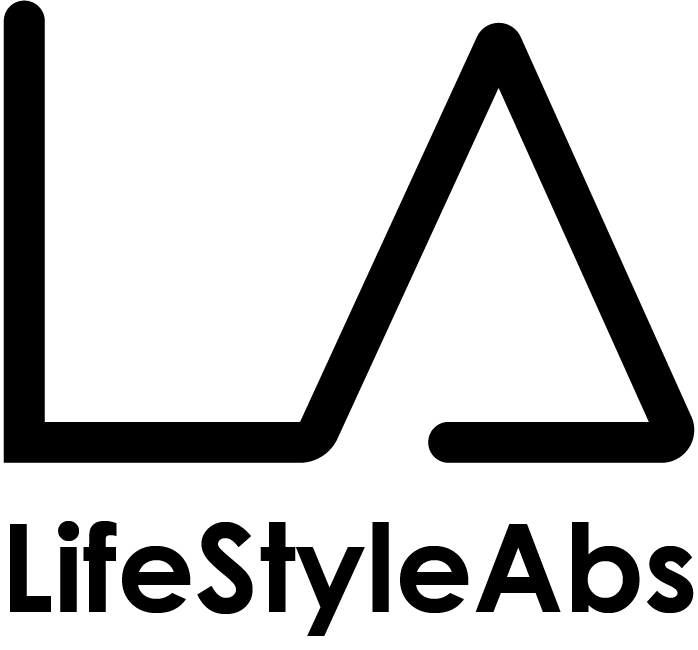$49.97
| /
|
Formula Purposes & Benefits |
|
Thyroid & Energy is developed based on cutting-edge scientific research and expert formulation to support thyroid health, metabolism, immune health, and support healthy inflammation levels. Thyroid & Energy is a premier nutraceutical thyroid formula that aims to provide comprehensive nourishment for healthy thyroid function. One of its notable features is the inclusion of naturally occurring iodine, a mineral that plays a crucial role in supporting thyroid function. The presence of naturally occurring iodine in Thyroid & Energy is significant because iodine is an essential component required for the synthesis of thyroid hormones. Our formula is proudly made in the USA in an FDA registered facility, following Good Manufacturing Practices (GMP) standards. Our commitment to excellence is reflected in the fact that only 4% of the supplements on the market can match our world-class standards. |
|
Formula Ingredient Deck |
Benefits Of Each Ingredient |
|
Organic Parsley |
● May support immune health, antioxidant activity, and aids in the detoxification process (203,204). |
|
Wild Garlic |
● May support cardiovascular health, immune health, joint health, reduced inflammation, gut health, and enhanced antibacterial activity (161). ● May support cardiovascular health via reduced hypertension, reduced total cholesterol, reduced arterial stiffness (hardening of arteries), and markers of atherosclerosis (161). ● May support joint health via reduced NF-κB activation (inflammation) in human fibroblast cells and reduced prevalence of pain in individuals with rheumatoid arthritis (162). ● May support gut health via increased prebiotic properties, increased microbiome population, and increased Lactobacillus and Clostridia species (163). ● May support immune health via a reduction in inflammatory markers (CRP, TNF, IL-6) (164). |
|
Organic Macca |
● May support female hormonal health via increased sex drive, improved post-menopausal symptoms, and improved sexual desire (12). ● May support female hormonal health via increased luteinizing hormone (LH) production and reduced severity of menstruation (12). ● May support male hormonal health via increased sperm count in males via androgenic mechanisms associated with free testosterone increase (12). |
|
Chlorella (Broken Cell Wall)
|
● May support antioxidant function through its high levels of carotenoids, which can protect against DNA damage and scavenge free radicals (265). ● May support cardiovascular health by potentially reducing cholesterol and triglyceride levels (265). ● May support detoxification by aiding in the removal of methylmercury from the body (265). ● May potentially combat depression by helping to reduce oxidative stress in the brain (266). |
|
Organic Turkey Tail |
● May support immune health, antioxidant function, insulin/glucose regulation, and may combat malignant growth (283). ● May Combat carcinogenesis via increased cancer cell apoptosis (cell death), reduced inflammatory pathway (NF-kB) activation, and cell cycle arrest (283). ● High in the amino acid L-Ergothioneine (mainly found in mushrooms) that supports longevity, decreases chronic inflammation, and antioxidant activity (194). |
|
Atlantic Kelp |
● High bioavailable source of iodine and polyphenols (32). ● May support healthy thyroid levels in individuals with impaired thyroid function (32). |
|
Organic Turmeric |
● May support antioxidant, cardio-protective, anti-inflammatory, anti-microbial, nephro-protective, hepato-protective, immunomodulatory, and anti-rheumatic effects (123). ● May support reduces inflammation via decreases of inflammatory markers such as c-reactive protein, interleukin 6, tumor necrosis factor, and decreased cytokine production (123). ● May support joint health via decreases in connective tissue inflammation and improved pain in individuals with osteoarthritis (122). ● May support blood sugar regulation via increased pancreatic beta cell function and improved insulin sensitivity (121). |
|
Proper Use of This Supplement |
|
|
Our Formula Vs Other Formulas on the Market.
|
|
|
|
1. Our formula is GMP certified and made in an FDA registered facility. |
1. Source cheap ingredients from heavily polluted soils. |
|
2. High quality thyroid supporting nutraceuticals in a bioavailable and efficaciously dosed formula. |
2. Uses cheap ingredients that may have heavy metals due to poor product quality and fillers. |
Sources:
